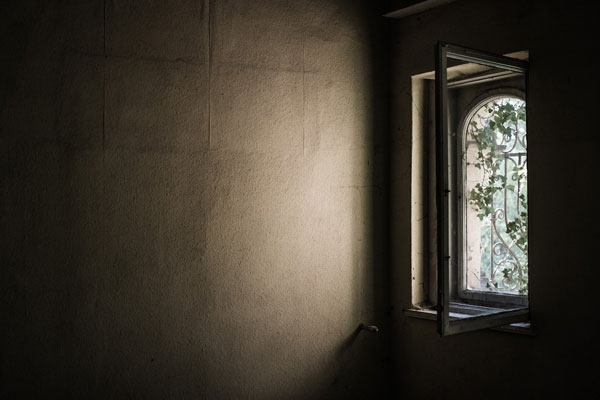
To begin our series of essays On Being A Woman Poet, we asked poet, translator and editor Shash Trevett to reflect on her experiences…
When I arrived at university in the 1990s, I filled the wall above my desk with pictures of writers cut out from a cheap dictionary of English Literature bought from a remainder bookshop. There were male writers on that wall, (Yeats, Henry James, Coleridge) but predominantly I was overlooked each day by members of the republic of (female) letters (George Eliot, the Brontës, Elizabeth Bishop, Virginia Woolf). I had no idea that one day I would ‘become’ a poet, but I had a room of my own and 3 years in which to immerse myself in my first love — the study of literature.
Since then I have lived in many rooms, in many houses, and my wall art of female creativity has grown and changed, increasing in the number of poets represented as the years have progressed. My understanding of the canon has deepened (what is ‘the canon’, whose canon is it?) and changed to include people who look more like me: female, non-white, slightly unusual. I nurtured each new addition to my pantheon – by now with a growing family, my ‘wall’ had turned metaphorical – learning from them, reveling in their words, their outlook and how they spoke to me. Although I was surrounded by women at work, or at the school gates, it was the group of women poets I carried within my head, who nurtured me.
Fast-forward some more years and my desk has moved from being in a corridor or tucked away in the space under the stairs, and I have a room of my own once again. My wall of female word-guides remains with me but are more flesh and blood now. Names that had inhabited the covers of poetry collections now have faces, smiles and thoughts attached to them. I have met and conversed with some of the beating, breathing female lives which populate my bookshelves. As I tentatively sent out early poems for submission it was women editors who took a chance on my unformed, cautious verse. Slowly the republic of (female) letters became a place I could reach out and touch, one I could increasingly make forays into.
Since 1929, when Virginia Woolf urged women writers to find and cling to a room of their own, the world has changed enormously. Women poets are still having to split themselves into diverse component parts to satisfy the many demands on them. Yet a room of one’s own, still not a given for many, is perhaps more attainable than it was. But wouldn’t it be wonderful if we could fill this room, not with pictures cut out from books, but with real life writers: poets who form a collective female space of encouragement, companionship and mutual support?
*************
In certain villages in Tamil Nadu, India, on Tuesdays in the Tamil month of Aadi (mid-July—mid-August) women celebrate Auvvai Nonbu in commemoration of the woman poet Auvvai, who lived and wrote in the Sangam period of Tamil literature around the 2nd century BCE. The women gather at midnight, sing songs, recite poetry and prepare and eat Kollukottai, a jaggery filled steamed dumpling. No man is allowed to participate in the gathering. This is a purely female space celebrating the transmission of female energy from woman to woman, which finds form in poetry, song and friendship.
Given the internet and the many social media platforms available to us now, it is so much easier to reach across oceans and time zones and form meaningful friendships with diverse women poets. For me lockdown has been a time of fruitfulness. In the past 18 months I have ‘met’ and got to know women poets from Sri Lanka and India, translators from Canada and the U.S., as well as more and more women poets writing in this country. I have drunk hot chocolate with poets from India in pyjamas, stayed awake to attend the book launch of a new poet friend from Canada. Due to a project begun at the start of the pandemic I have grown close to a wonderful woman poet based near Derbyshire, who has given me so much encouragement, confidence and support. We have never met in person even though I have ‘visited’ her spare room many times, and she has ‘seen’ the room that is my own. She is now a close friend.
My wall is now a breathing mess of connections which crisscross the globe and this country — a dynamic, ever changing pulsating mass of smiles and nods and collective companionship which buoys me every day. I am revitalised, strengthened by being able to tap into the female energy that emanates across the ether, surmounting time and space, to link me with a greater force: a collective identity which both surpasses and encircles me as a poet. I love the room that is my own but only because through its windows I stare into a world where women poets are making a difference. And by holding onto their coattails, it is easy for me to imagine that maybe I too will.
Shash Trevett is a poet and a translator of Sri Lankan Tamil poetry into English. Her pamphlet From a Borrowed Land was published by Smith|Doorstop (2021). She is currently co-editing (with Vidyan Ravinthiran and Seni Seneviratne) an anthology of Tamil, English and Sinhala poetry from Sri Lanka and its diaspora communities. Shash is a 2021 Ledbury Critic and a Board Member of Modern Poetry in Translation.

